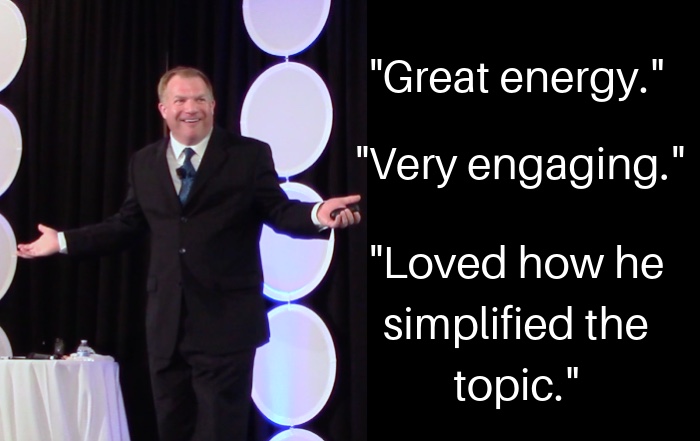 Your staff will become confused and you won’t get much done, if you don’t keep your meetings focused. Meetings present opportunities for lively discussions and decisions. They can represent your road to growth and positive change.
Your staff will become confused and you won’t get much done, if you don’t keep your meetings focused. Meetings present opportunities for lively discussions and decisions. They can represent your road to growth and positive change.
Sometimes they become a place where productivity goes to die. You spend hours in the meetings but few decisions are made. And instead of unifying staff, they tend to divide.
Let’s harness the power of effective meetings with these three tips. Some may help you refocus or avoid bad habits.
Know Your Goal
In elementary school, my friends and I would often play games at recess, like kickball. We had a fixed amount of time to play.
While our goal was to play kickball, sometimes we didn’t do much of it. The problem was we wouldn’t start because of arguments about picking teams or the rules.
My classmates were making passionate arguments about a potential game that would be over in a matter of minutes. When the goal is playing, you need to play and not talk about playing.
What are the goals or the desired outcomes for your meetings? It’s easy to fall into endless discussions or let side issues hijack the group.
By having a defined outcome or next step, you’ll keep your meetings focused.
Encourage Innovation, Respect Experience
You need to find the right balance of out of the box thinking and practical solutions. Let’s say one department, like sales, has lower than expected revenue. You want other departments to offer ideas for improvement.
Sometimes those suggestions get people excited but won’t really help solve the problem.
For instance, the customer service department might say a great way to raise money is to have a bake sale. Bake sales are fun and you can talk a lot about which recipes sell the most.
But if the revenue gap is a five figure problem, selling banana muffins, at a dollar each, isn’t the solution.
The sales department leader should hear the ideas but also should have the ability to say, “That just won’t work,” or move a promising but early idea to a one-on-one conversation.
What Happened?
Imagine investing more than 100 hours a year on something and feeling like you’ve accomplished nothing. That’s what happened to an executive team that would meet for two hours, every week.
They knew the sessions weren’t as productive as they should be. I suggested that after a meeting, they need to be able to briefly tell someone what happened.
If he or she couldn’t describe the outcome in a few sentences, then the meeting was likely unfocused, unproductive, and is potentially keeping busy people from performing more important tasks.
For recurring meetings, you need to have a desired outcome or understand if there’s not much to talk about, then you should cut the meeting short. Shooting the breeze isn’t not a good business strategy.
Additional Resources to Keep Your Meetings Focused
How to Make Your Meetings Shorter
To Make Your Meetings More Effective, Think Hollywood
How to Start Your Meetings on Time






